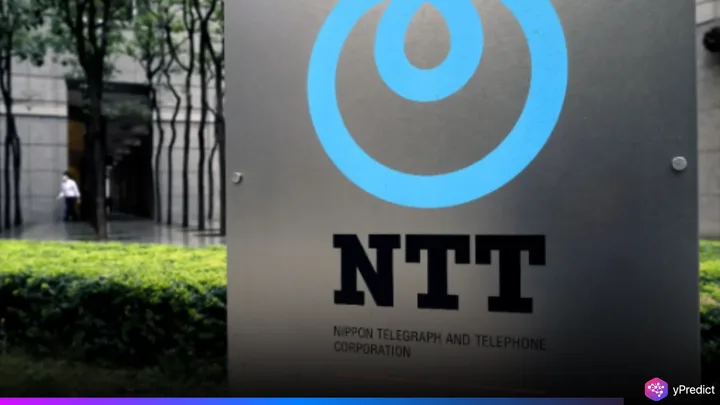
Japan’s Nippon Telegraph and Telephone Corp. (NTT) has secured the shareholder support it needs to fully acquire NTT Data in a ¥2.37 trillion ($16.3 billion) deal. The move, announced Friday, will allow NTT to take its AI arm private and begin settlement by June 26. The telecom giant already owns 58% of NTT Data and had offered ¥4,000 per share to buy out the remainder. With the acquisition, the tech giant aims to make artificial intelligence central to its global operations and streamline corporate decisions. The deal also answers growing regulatory pressure in Japan to simplify group structures. “This step lets us focus fully on AI leadership,” one senior NTT official noted in a local briefing.
AI Strategy Anchored by NTT Data Takeover
By taking full ownership of NTT Data, the Japanese telecom giant is doubling down on its AI ambitions. The IT services subsidiary is a global leader in data infrastructure, operating some of the world’s largest data centers. Its platforms support AI workloads for Fortune Global 100 companies, making it a key asset in NTT’s long-term digital strategy.
The buyout will eliminate dual ownership hurdles and allow quicker AI-related investment decisions across the group. Tokyo has been urging companies to consolidate and simplify, aiming to strengthen national AI capabilities.
For NTT, that means putting artificial intelligence, not just connectivity, at the center of its global plans. The company competes with domestic rivals KDDI and SoftBank and is under pressure to deliver next-generation solutions to match U.S. and Chinese AI innovators. “NTT Data becomes our AI engine,” an internal memo reportedly said, signaling how strategic the firm views this integration.
Industry Shift and Regulatory Push Drive Timing
NTT’s timing also reflects broader pressures reshaping Japan’s corporate landscape. In February, the Tokyo Stock Exchange warned companies with parent-subsidiary listings to better protect minority shareholders. The move spurred major consolidations, including NEC’s buyout of its networking unit and Toyota’s plan to take over Toyota Industries.
NTT has used this playbook before. In 2020, it acquired its mobile arm, NTT Docomo, in a $40 billion deal to regain full control. This latest move mirrors that strategy, merging operations to cut red tape, reduce delays, and execute major projects faster. The AI sector is a key motivator. NTT Data’s global data centers are already powering next-gen workloads. Full integration means faster deployment of AI-enabled services across its network.
Still, challenges remain. The $16.3 billion deal will be financed through bridging loans from five banks, adding debt pressure in a capital-intensive market. Analysts also point to stiff competition from global hyperscalers and a race for AI-ready infrastructure. Yet by consolidating early, the company positions itself to act faster and smarter, a critical advantage in an AI-driven economy.
NTT’s AI Pivot Marks New Chapter in Japan’s Tech Push
NTT’s successful bid to take full control of NTT Data signals more than a financial transaction; it marks a strategic shift. The company is now structured to move aggressively on AI, from infrastructure to services, across global markets. As Japan urges firms to build homegrown AI platforms to rival OpenAI and DeepSeek, NTT now has the scale and structure to lead.
With full ownership, its decision-making becomes quicker, and its investments can align more tightly with AI priorities. While financing, execution, and competition pose real hurdles, the underlying message is clear. NTT no longer wants to be seen only as a telecom player. It’s moving to the front lines of global AI development, not just as a provider, but as a builder of critical digital infrastructure.





